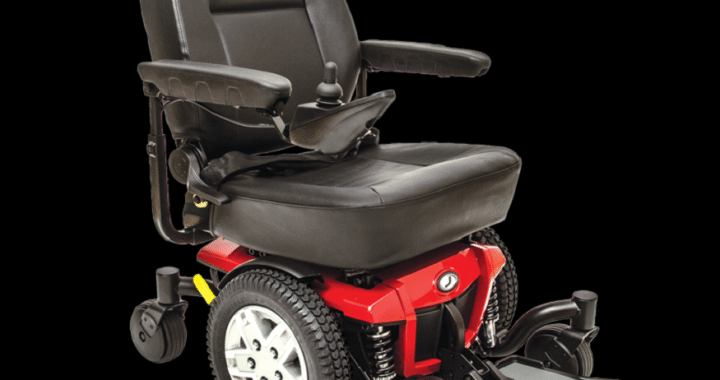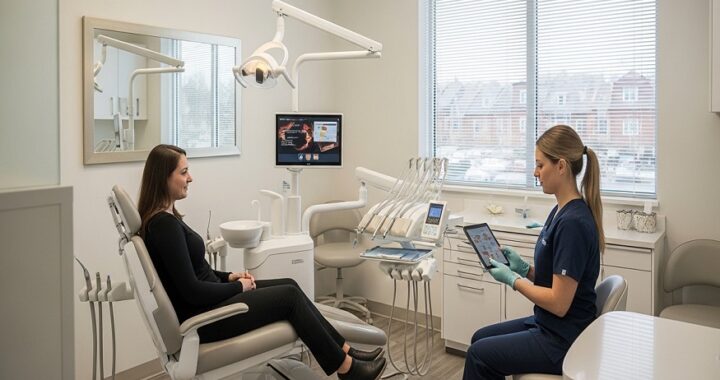How to Help People with Alzheimer’s Disease

The first sign that a loved one might be affected by Alzheimer’s disease is problems with their memory. Unfortunately, however, the signs of Alzheimer’s disease are often mistaken for old age and can get missed. The early symptoms of the disease usually causelapses in memory, and those affected might forget conversations or the names of people or places. They might also be more reluctant to try new things or have trouble remembering a word. Some will start to repeat questions over and over, not realizing they have already asked it. These symptoms can cause the individual to become confused or agitated.
The symptoms of Alzheimer’s get worse as the disease progresses, and some people will start to forget their family members. Others will forget how to do things for themselves and will need a lot of care and support. This can be upsetting, not only for the person with the disease but also for their loved ones. If you have a loved one with Alzheimer’s disease, you may be wondering if there is anything you can do to help.
It is important to be aware that there is no cure for Alzheimer’s disease, but there are things that you can do to make life easier for everyone involved.
Helping a Loved One with Alzheimer’s Disease
As hard as it may be to watch a loved one go steadily downhill because of this degenerative disease, there are several things you can do to help. For starters, you will need to be patient and remember that no matter how many times you have answered a question, the person may continue to ask it. Try not to get annoyed or frustrated as this does not serve anyone well.
Allow more time to do things. It may take the affected person longer to do the things that they used to do with ease, such as getting dressed. Consider using visual cues to help the person to do things independentlyrather than you trying to take over. The more things that you do for them, the quicker they are likely to stop trying.
Continue to provide choices for them as this will allow him or her to continue using her brain and hence think. For example, give two choices when asking what they want to eat or wear.
Try to reduce distractions when having a conversation. As Alzheimer’s disease progresses, the individual may find it harder to focus on more than one thing at a time. If you are having a discussion, switch off the television. At meal times, make sure that people do not talk over one another as this will make it easier for your loved one to focus on what is being said.
The experts at Maloca Sound say that there are a number of therapies that might help the affected individual, such as music therapy. In fact, a new study has found that music therapy can improve social connections between dementia sufferers and those caring for them. It is not uncommon for Alzheimer’s sufferers to be able to recall the words of songs, even when they struggle to find the words in a conversation or forget the names of people and places.
Conclusion
Watching a loved one with Alzheimer’s disease go downhill in terms of their ability to remember and care for themselves can be heartbreaking. However, there are many things that you can do to help. Being patient is especially important, as is providing them with the ability to continue doing as much as possible for themself. You can also use treatments such as music therapy to engage with your loved one.

 Best Nicotine Gum Options: Key Benefits and How to Choose the Right One
Best Nicotine Gum Options: Key Benefits and How to Choose the Right One  Complete Guide to Diagnosis and Treatment of Hypertension
Complete Guide to Diagnosis and Treatment of Hypertension  5 Toronto Dietitian Approved Habits for a Healthy New Year
5 Toronto Dietitian Approved Habits for a Healthy New Year  What Causes Gas And Bloating In Children?
What Causes Gas And Bloating In Children?  The Quiet Factors That Define a Reliable Angiography Device
The Quiet Factors That Define a Reliable Angiography Device  Renting medical equipment can make moving around and being comfortable easier
Renting medical equipment can make moving around and being comfortable easier  Dental Infection Treatment and the Evolution of Advanced Dental Technology
Dental Infection Treatment and the Evolution of Advanced Dental Technology  Deep Cleaning Woodland Hills: Understanding Gum Health and Advanced Dental Cleaning
Deep Cleaning Woodland Hills: Understanding Gum Health and Advanced Dental Cleaning  Dental Implants and Osteoporosis: What Patients Should Know About Safety and Healing
Dental Implants and Osteoporosis: What Patients Should Know About Safety and Healing